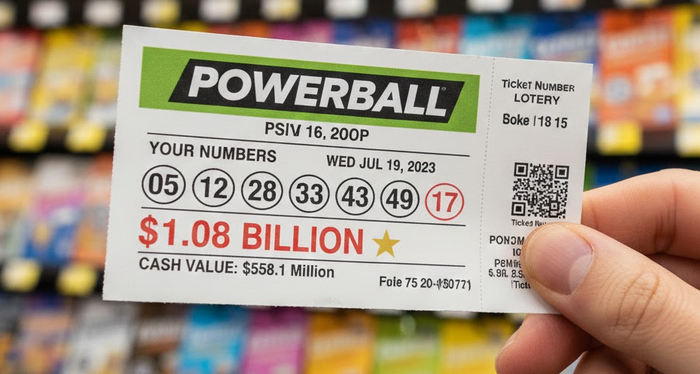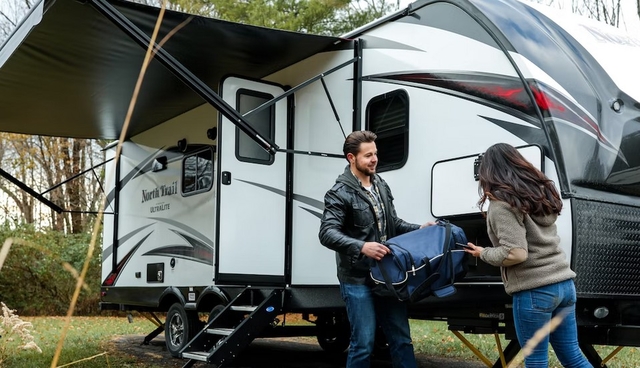What to Consider When Purchasing Insurance for an RV
You also need to consider your circumstances, such as if you live in the RV full-time or only use it occasionally for vacations. This will determine how much coverage you need and which insurer will offer you the best rate for your particular needs. Find the perfect space for your next RV excursion. Book now at Expedia.com
Liability - Most states require RV owners to carry at least a minimum liability insurance. This will cover any damage you cause to other people or their property while driving your RV. In addition, liability insurance will pay for any medical expenses you may cause to another person during an RV accident. Aside from liability, you'll want to ensure that you have adequate collision and comprehensive insurance on your RV. These policies will help to cover the cost of repairs and replacements if your RV is damaged by a covered event (such as a fire or theft).
1. Custom Equipment
If you have customized the interior of your RV or purchased additional gear or accessories, you may need to add specialized equipment protection to your policy. This will cover the cost of repairs or replacements for any equipment installed in your RV, such as audio systems and custom lighting.
2. Agreed Value
Some RV insurance providers will agree to replace your RV for an agreed-upon amount if it's stolen or totaled. This can be an excellent option for people who've paid for their RV or want to protect their investment against unexpected damage.
3. Personal effects
You'll need to insure the belongings you have stored inside your RV and outside it. This is especially important if you're living in your RV full-time and don't have homeowners insurance.
4. Specialized Deductibles
You'll typically have a deductible on your RV insurance policy, like auto and home insurance. These deductibles are designed to limit the amount you'll have to pay out of pocket for covered claims. This is because replacing stolen or destroyed items is more expensive than repairing them. Depending on your state's requirements, you may also need to carry uninsured and underinsured motorists coverage in case someone else is at fault for an accident involving your RV. This coverage is designed to pay for your medical and other related expenses if you're injured in an accident with an uninsured or underinsured driver.
5. Other Optional Coverages
Some RV insurance providers offer other optional coverages, such as roadside assistance and trip insurance. These can pay for hotel stays if your RV breaks down while you're on a long trip and can also help to cover the expense of having your RV towed if it becomes disabled in an accident.



